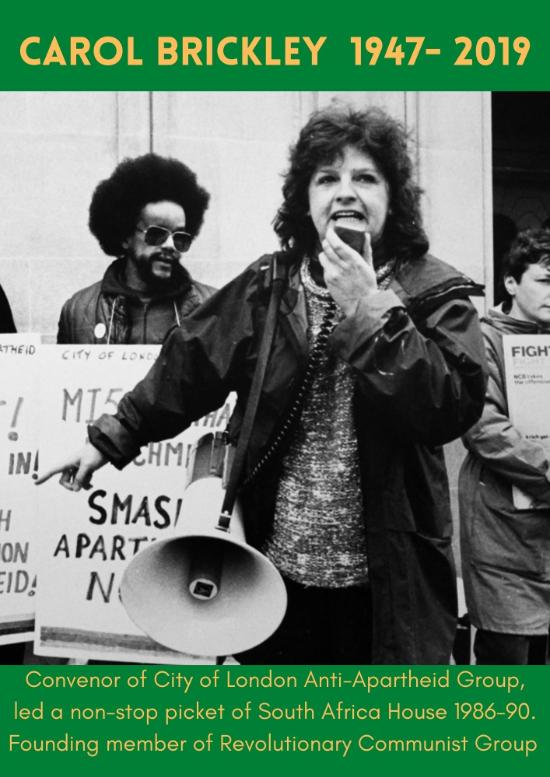Nguyen Thi Dinh 1920-1992
‘We only served as child-bearing machines and instruments of pleasure for the ruling class and the imperialists who trampled our dignity. Therefore I joined the revolution.’
Vietnamese liberation fighter Nguyen Thi Dinh fought with the Viet Minh independence forces against the French colonial forces in her teens. She was arrested and imprisoned by the French colonial authority between 1940-43. During the Second World War the French colonisers had joined forces with Japanese fascist forces and Vietnam suffered an intense famine. In 1945 Dinh led the insurrection that seized power from the French in her home province of Ben Tre. These actions joined a tide of rebellions leading to the defeat of the colonialists. The people formed self-defence units and seized rice stocks and distributed them. Revolutionary actions intensified and, following the Japanese defeat in August 1945, insurrection swept the country under the leadership of the Viet Minh. Independence was declared in 1945 and the 1946 elections saw an overwhelming majority for Viet Minh candidates. Despite this the British government (led by Labour’s leader Clement Attlee) conspired with Japanese and French imperialist forces in an attempt to defeat the new Democratic Republic of Vietnam.
The entire nation united in struggle: the peasants gave rice to the army, workers moved factories into the jungle and forest. Increasingly successful military operations were conducted against the imperialists. As part of this struggle, in 1946 Dinh headed to the revolution’s stronghold in Hanoi in the north to bring military supplies back to the south to arm the resistance there. Dinh disguised the boat loaded with weapons by bringing fishing nets onboard and arranging fish sauce jars along the deck. As the French were weakened, the US supplied aid to prolong the war. By 1953-4 US military aid to France reached $1,000m —78% of the total French outlay on the war. Yet even this was insufficient to save the French who were defeated in the historic battle of Dien Bien Phu on 7 May 1954. A provisional military demarcation line was drawn up at the 17th parallel, temporarily dividing Vietnam into two zones. Elections were suppressed to prevent a Viet Minh victory and the US took over where the French left off, sponsoring the puppet regime of Ngo Dinh Diem in the south which unleashed a wave of repression.
This bred resistance and the National Liberation Front was set up to overthrow the Diem regime, establish a democratic government, introduce agrarian reform and bring about the reunification of the country. Dinh, who was one of the founders of the National Liberation Front, was engaged in the struggle in the south. In 1960, she again led an uprising in Ben Tre, where she was the leader of an all-female armed force which became known as the ‘long-haired army’. They reclaimed land from landlords and redistributed it to farmers. In 1965 Dinh also became chair of the South Vietnam Women’s Liberation Association. The south Vietnamese women struggled heroically in the front lines; they were active in villages, cultivated fields, cared for troops, concealed functionaries, recruited rebels and in 1968 joined the Tet offensive which turned the tide in the US war against Vietnam. Relying upon the people’s support, resourcefulness and ingenuity the guerrilla soldiers were able to capture provincial capitals, besiege US bases, and even occupy part of the US embassy in Saigon itself. Dinh became the Deputy Commander of the South Vietnam Liberation Armed Forces, and in 1974 she was promoted to Major General, the first woman to hold such a high-ranking position.
With the fall of Saigon, the end of decades of war and the reunification of Vietnam in 1975, Dinh turned her attention to the promotion of women’s development within the Vietnamese republic. She founded a women’s history museum which today houses 40,000 artefacts dedicated to highlighting the role of Vietnamese women in the liberation war and wider society. Since her death a scholarship programme has been set up in her name, benefiting over 200 young women from her home province of Ben Tre.
(see Vietnam – 10th anniversary salute (revolutionarycommunist.org) and No Other Road to Take: The Memoirs of Mrs. Nguyen Thi Dinh, translated by Mai Elliot, Southeast Asia Program Publications)





